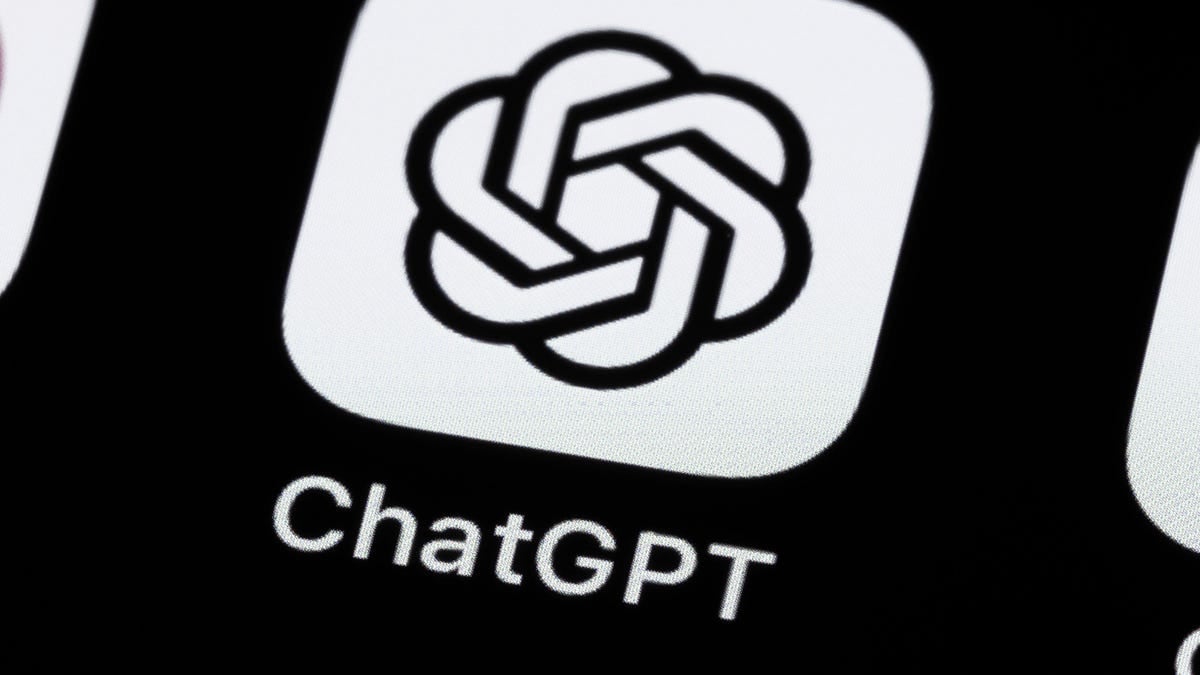The research from Purdue University, first spotted by news outlet Futurism, was presented earlier this month at the Computer-Human Interaction Conference in Hawaii and looked at 517 programming questions on Stack Overflow that were then fed to ChatGPT.
“Our analysis shows that 52% of ChatGPT answers contain incorrect information and 77% are verbose,” the new study explained. “Nonetheless, our user study participants still preferred ChatGPT answers 35% of the time due to their comprehensiveness and well-articulated language style.”
Disturbingly, programmers in the study didn’t always catch the mistakes being produced by the AI chatbot.
“However, they also overlooked the misinformation in the ChatGPT answers 39% of the time,” according to the study. “This implies the need to counter misinformation in ChatGPT answers to programming questions and raise awareness of the risks associated with seemingly correct answers.”



My experience with an AI coding tool today.
Me: Can you optimize this method.
AI: Okay, here’s an optimized method.
Me seeing the AI completely removed a critical conditional check.
Me: Hey, you completely removed this check with variable xyz
Ai: oops you’re right, here you go I fixed it.
It did this 3 times on 3 different optimization requests.
It was 0 for 3
Although there was some good suggestions in the suggestions once you get past the blatant first error
Don’t mean to victim blame but i don’t understand why you would use ChatGPT for hard problems like optimization. And i say this as a heavy ChatGPT/Copilot user.
From my observation, the angle of LLMs on code is linked to the linguistic / syntactic aspects, not to the technical effects of it.